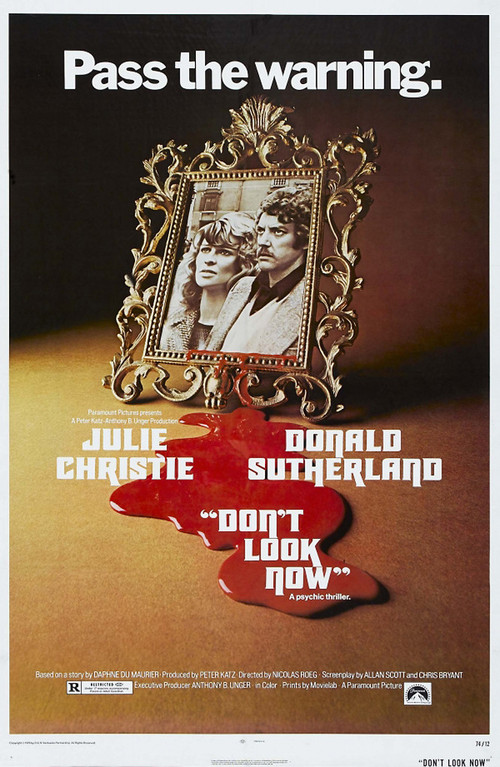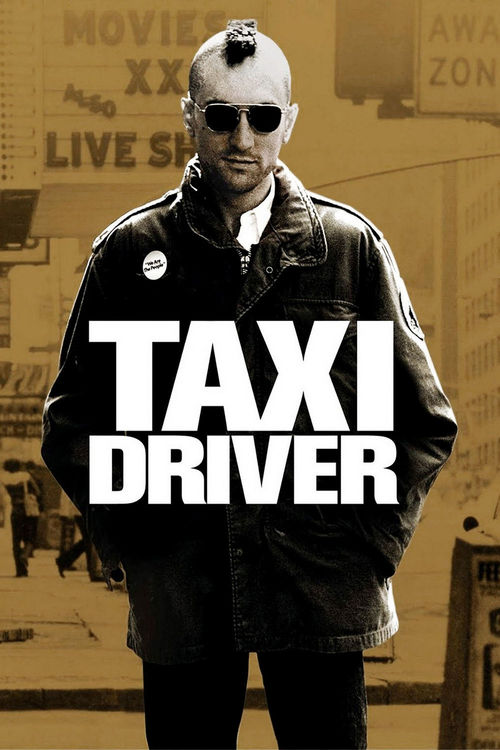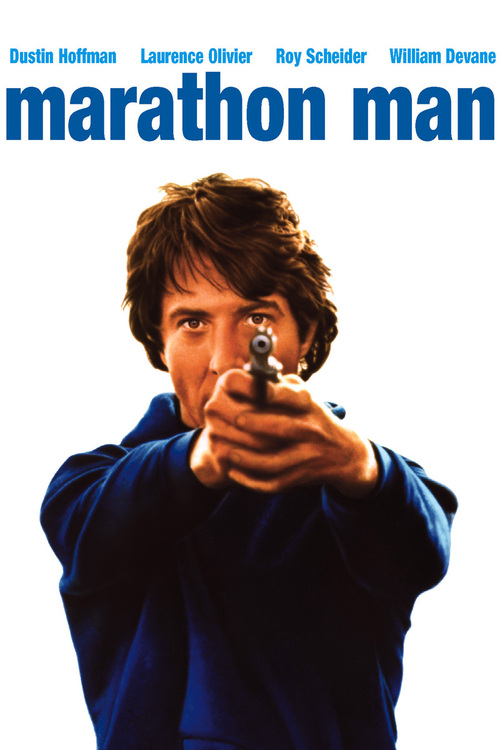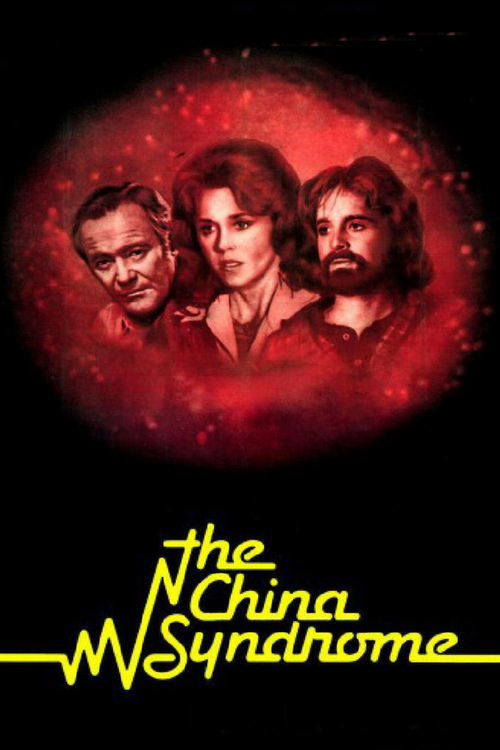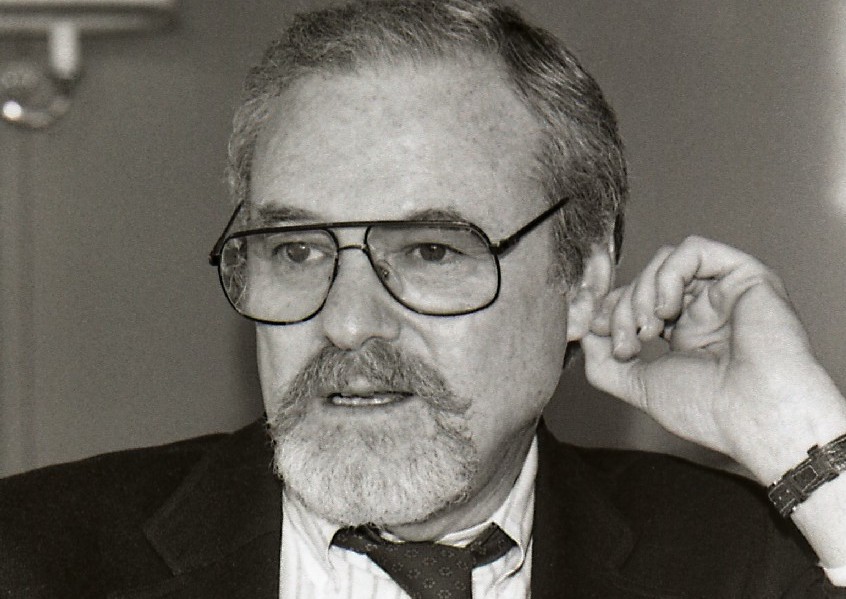
As we near the half century mark for Richard Nixon’s resignation over the Watergate scandal, we also mark fifty years since the premiere of Alan J. Pakula’s “The Parallax View,” a breathless political thriller starring Warren Beatty.
“Parallax” would become the second entry in what was later dubbed “The Paranoia Trilogy,” preceded by Pakula’s unnerving “Klute”(1971) and followed by the definitive film on Watergate and likely the finest film about journalism ever made, 1976’s “All the President’s Men.”
More on these titles below, but first to Pakula. Watching Matthew Miele’s “Alan J. Pakula: Going For Truth” (2019), more a heartfelt memorial tribute than a standard doc, waves of nostalgia swept over me, not just for his best films, but for the bygone days when artists like him could thrive; when good, meaty scripts were still prized and Hollywood invested in them.
A revered director, producer, and all-around human being, Pakula’s life was cut short by a freak car accident as he was returning home to Long Island in 1998. A large metal pipe on the truck in front of him got dislodged and crashed through his windshield, killing him instantly.
Shock and sorrow reverberated among his many friends and admirers both in and out of the industry. “Truth” gives the sense of a man who had many more movies in him, and of colleagues who truly loved him and mourn him still. (When Harrison Ford tears up on camera, we know he’s not acting.)
Pakula was known as a cerebral director who valued character and painstakingly built in layers and shadings in his work. He gave his audience credit for brains, letting mood and scenes build and integrating dialogue freighted with meaning. You had to pay attention, but you wanted to. It was intelligent filmmaking, with humanity and the ring of truth.
Pakula would have been proud to be called an actor’s director. He knew that for most any film to achieve greatness, there had to be, at the heart of it, actors stretching their limits. He made them believe they could, and so they did.
Jane Fonda fully credits Pakula with guiding her to her first Oscar for “Klute,” and I’m guessing Meryl Streep would do the same for her first Best Actress win in the brilliant, harrowing “Sophie’s Choice”(1982). I still rate this as her all-time best performance.
In contrast to his more flamboyant contemporaries in the seventies (Coppola, Bogdanovich, Scorsese), the self-effacing Pakula avoided the spotlight. Also unlike these younger mavericks, he straddled old and new Hollywood. As producer, he’d won the Best Picture Oscar back in 1963 for one of my own top-ten, desert island films, “To Kill A Mockingbird.”
Still, Pakula took full advantage of the seventies creative renaissance in Hollywood. Each film in his trilogy captures the jarring, disorienting social upheaval consuming our country back then. Today, as we confront a new wave of unrest and uncertainty, all three movies feel bracingly relevant.
Consider a triple feature on a rainy day. If that’s unrealistic, watch one a week, in sequence. Then you’ll know why Alan J. Pakula deserves to be remembered.
Klute (1971)
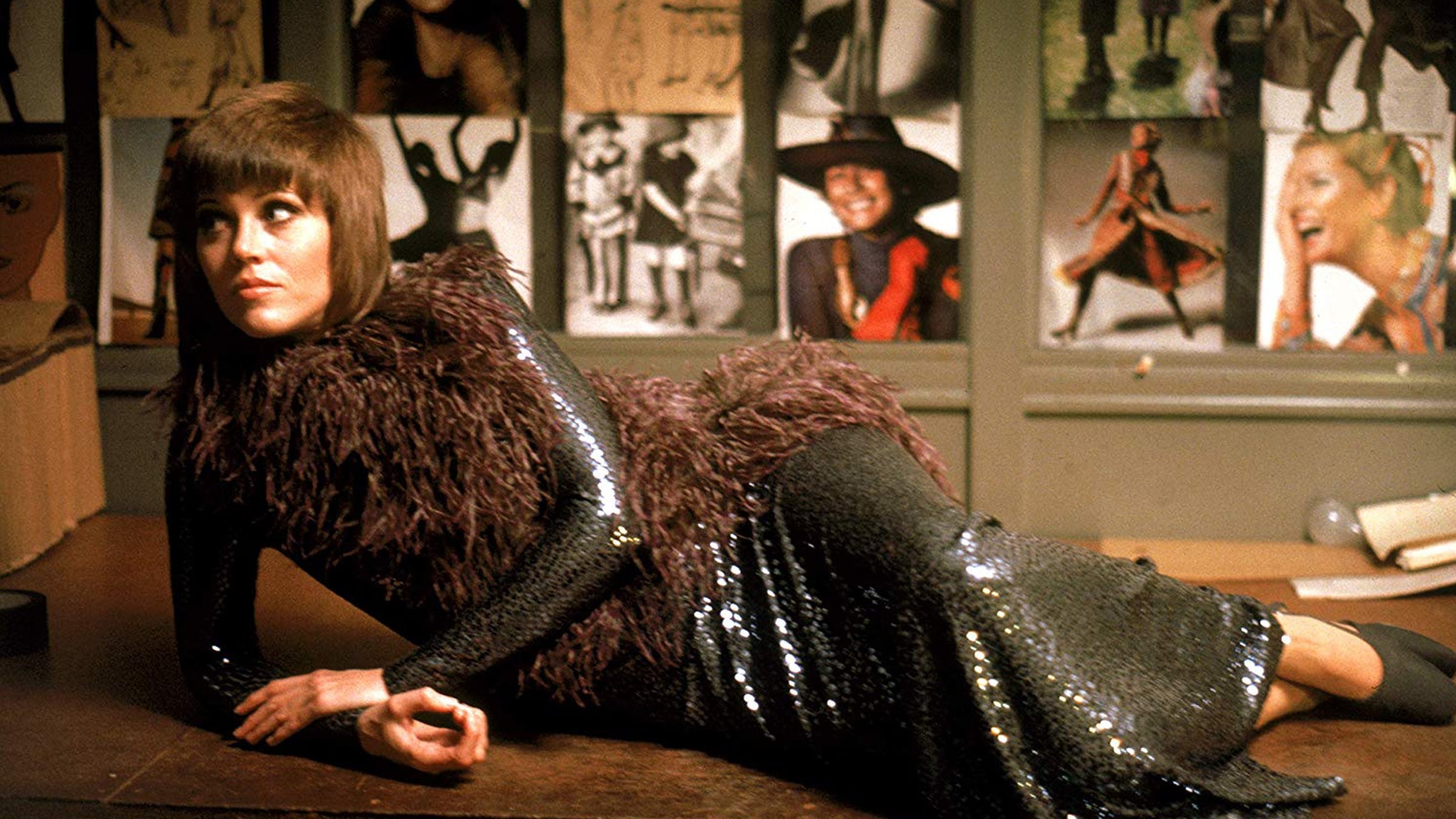
In a Nutshell: Detective John Klute (Donald Sutherland) is investigating the disappearance of an old friend, who may have led a double life. He encounters Bree Daniel (Jane Fonda) a high-class New York escort his friend once met. Bree’s also getting disturbing phone calls, and fears she’s being stalked. Could it be his friend? Drawn to each other, Klute and Bree work to solve the mystery. Tense thriller boasts a sharp Oscar-nominated script, bravura performances, and a chilling score from Michael Small. Unmissable.
Did You Know: The sparks between Fonda and Sutherland were not just on-screen, as the two co-stars initiated an intense two-year affair that helped break up Sutherland’s marriage.
The Parallax View (1974)

In a Nutshell: Investigative journalist Joe Frady (Warren Beatty) is looking into the assassination of a U.S senator, and stumbles onto a shadowy conspiracy. The dogged Frady starts noticing that those who know something keep winding up dead. He uncovers a secret group called the Parallax Corporation, and tries to penetrate it. Will Joe discover the truth, or die trying? Beatty is magnetic in the lead, ably supported by Paula Prentiss, William Daniels, and Hume Cronyn as Joe’s ever-patient editor.
Did You Know: The film’s central theme of political assassination resonated deeply with Beatty, as just five years before he had campaigned hard for Robert Kennedy.
All the President’s Men (1976)
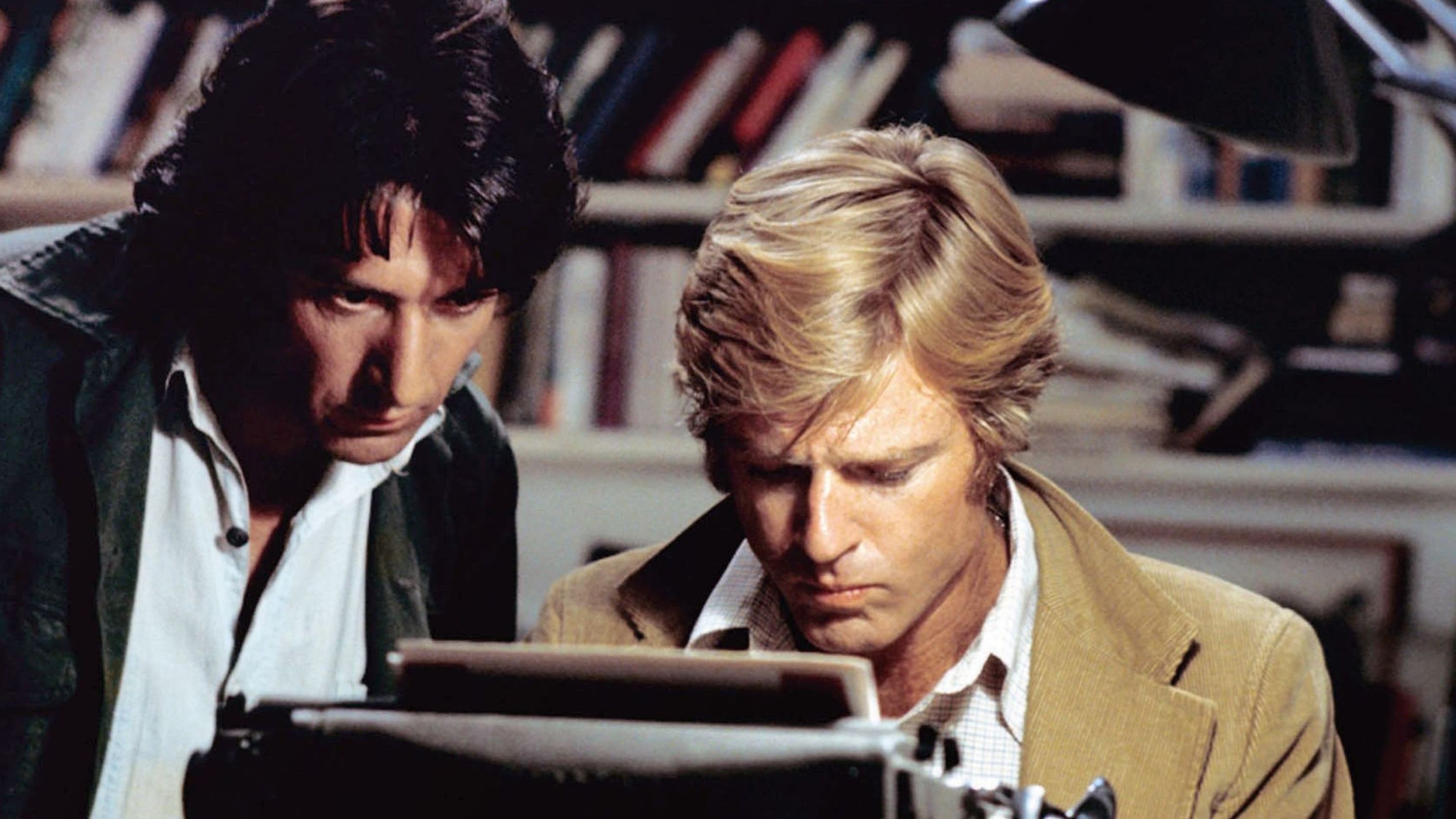
In a Nutshell: Washington Post reporters Bob Woodward (Robert Redford) and Carl Bernstein (Dustin Hoffman) catch a story about a burglary of D.N.C headquarters at the Watergate Hotel in D.C. Gradually it develops, eventually implicating top figures in the Nixon administration. Realizing the explosive implications, Post Editor Ben Bradlee (Jason Robards) gets involved. The scandal they expose brings down a President. Riveting drama won four Oscars, including adapted screenplay for William Goldman, and supporting actor for Robards.
Did You Know: Both Redford and Hoffman spent a lot of time in the actual Post newsroom observing and preparing for their roles, while reportedly Robards tracked editor Ben Bradlee for just a day. It was enough!
More: 9 Paranoid Movies Where Somebody is Always Watching
5 Top Movies from 1971 — A Winning Year
